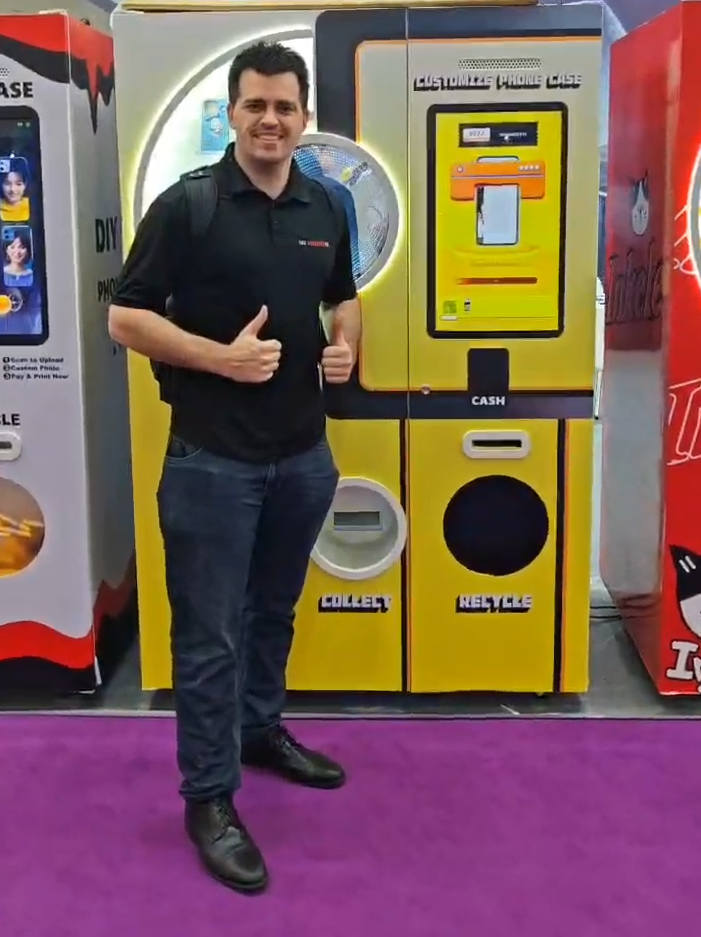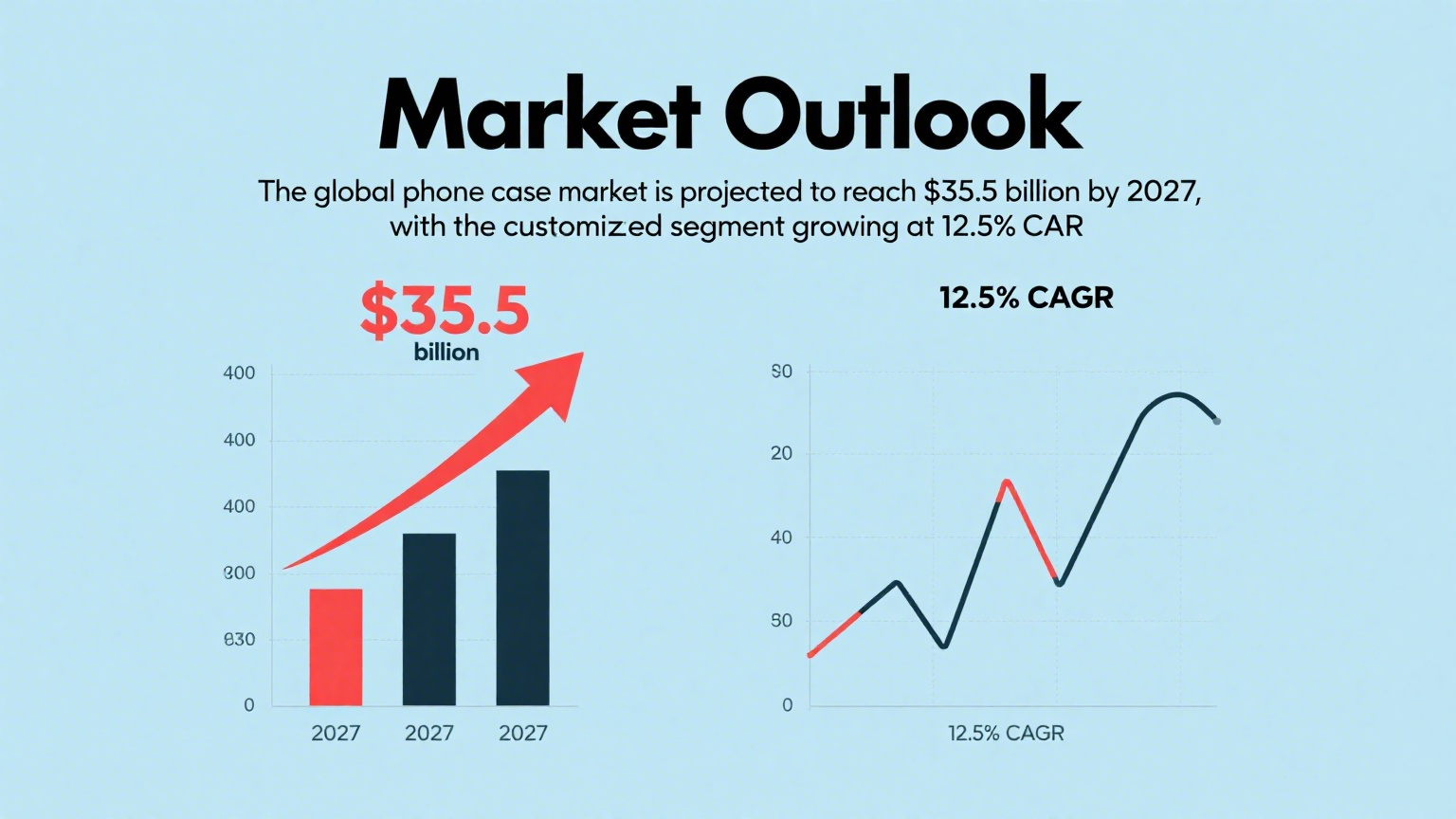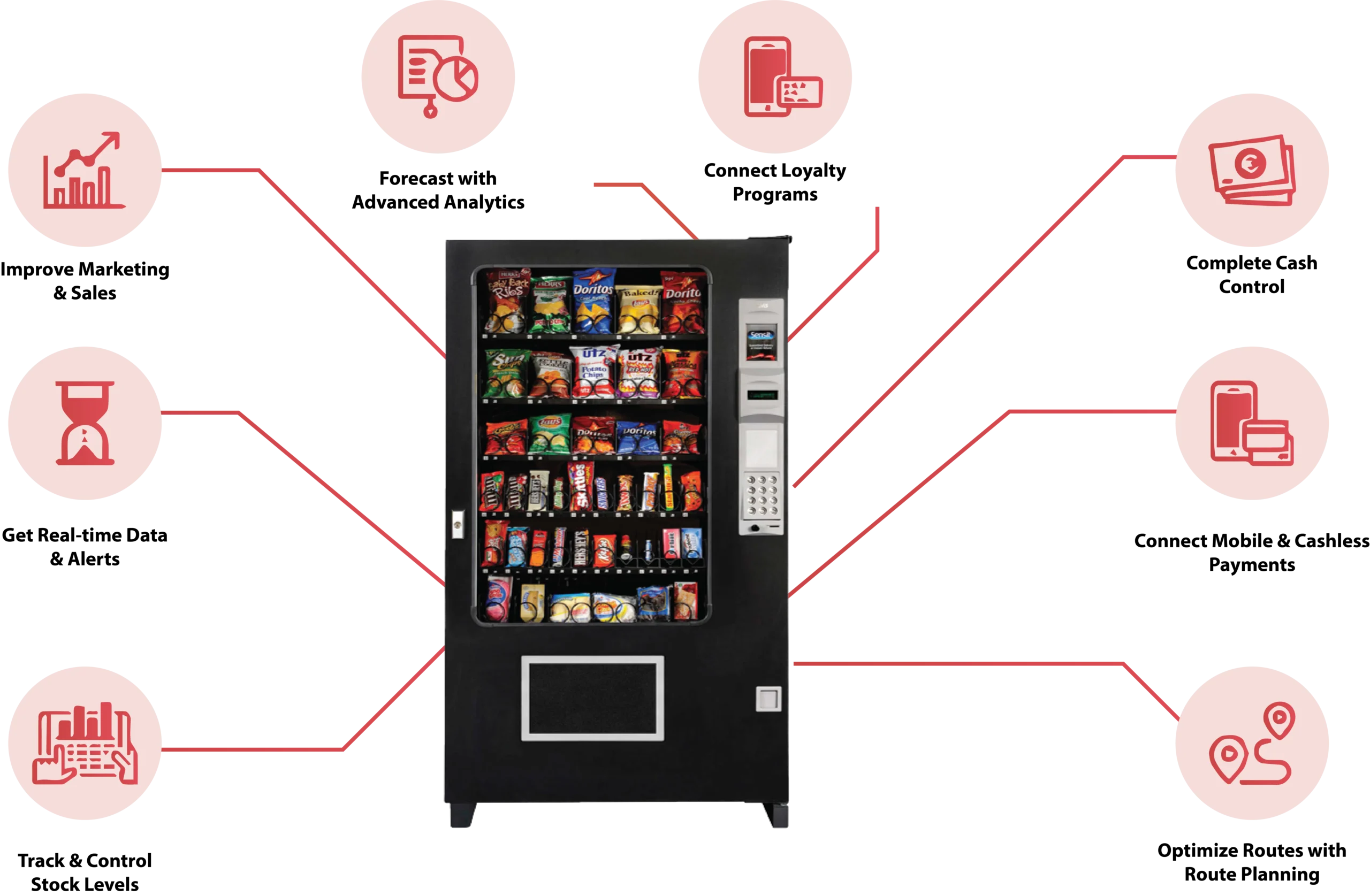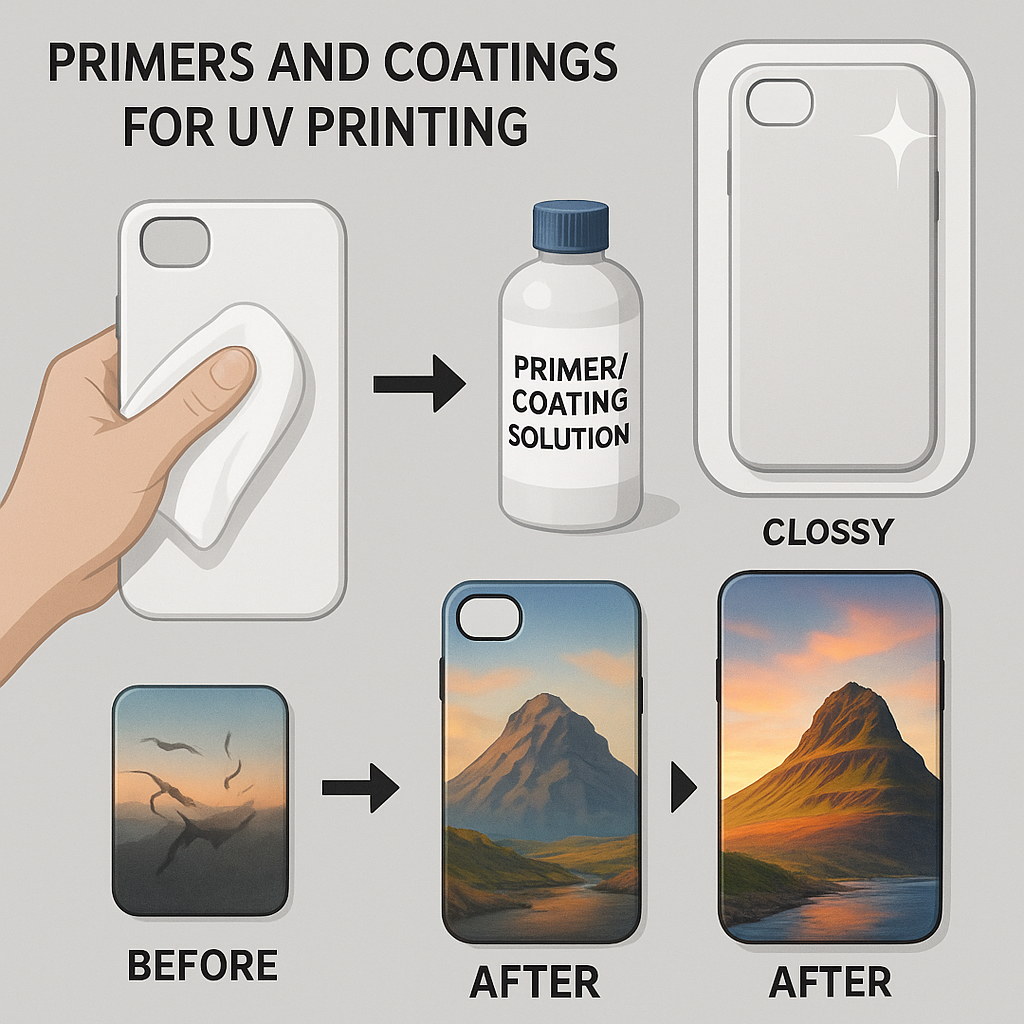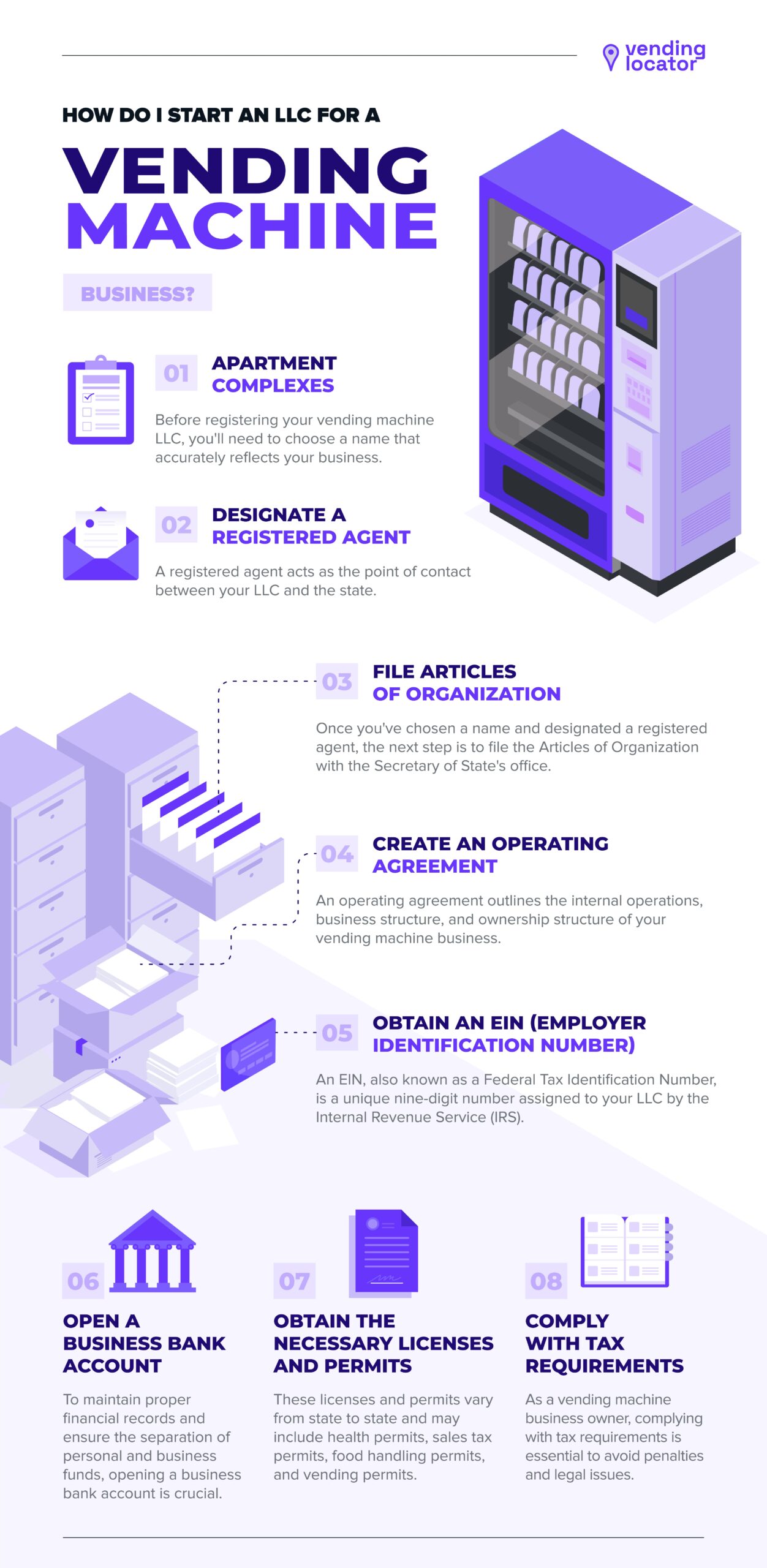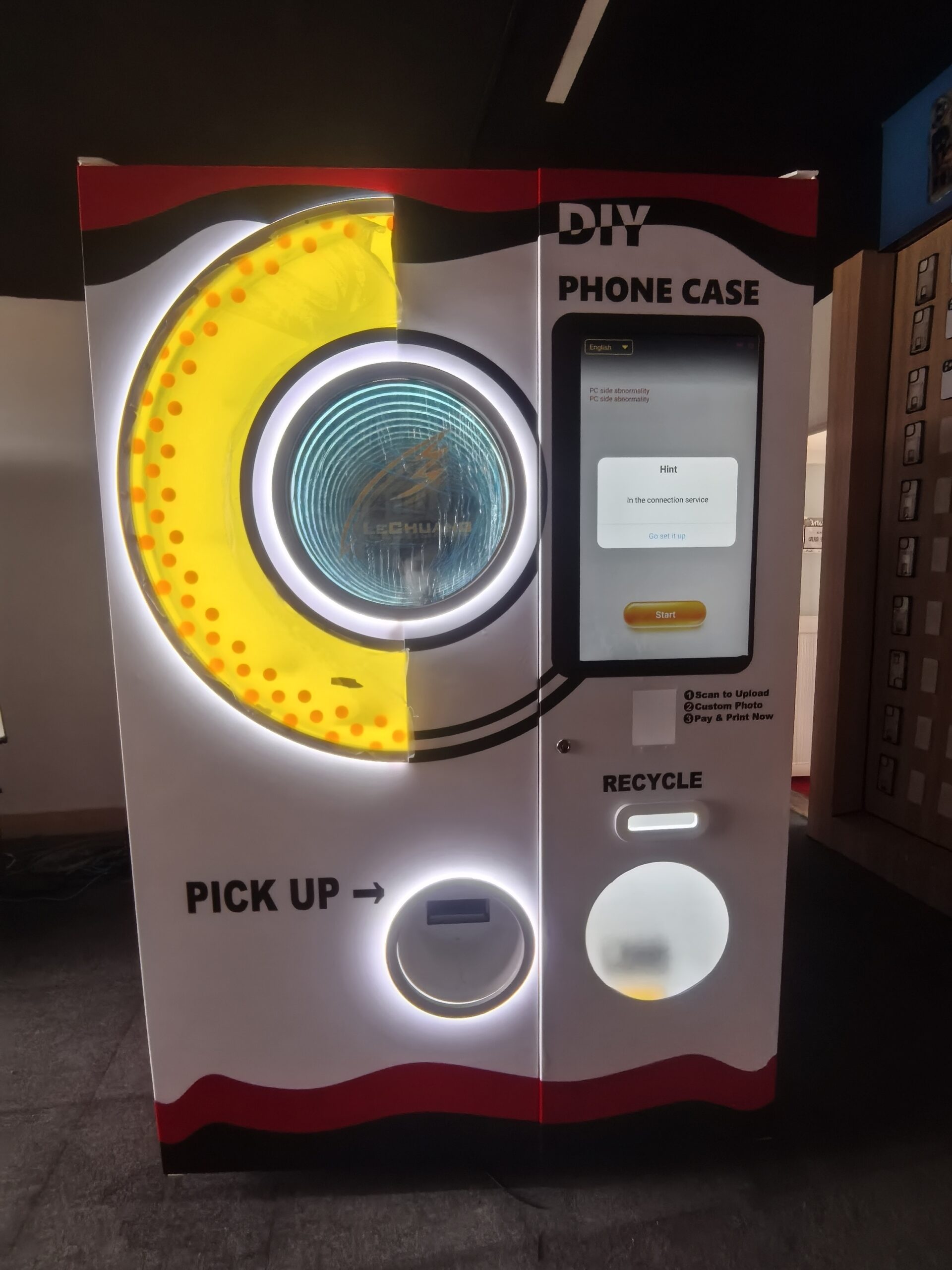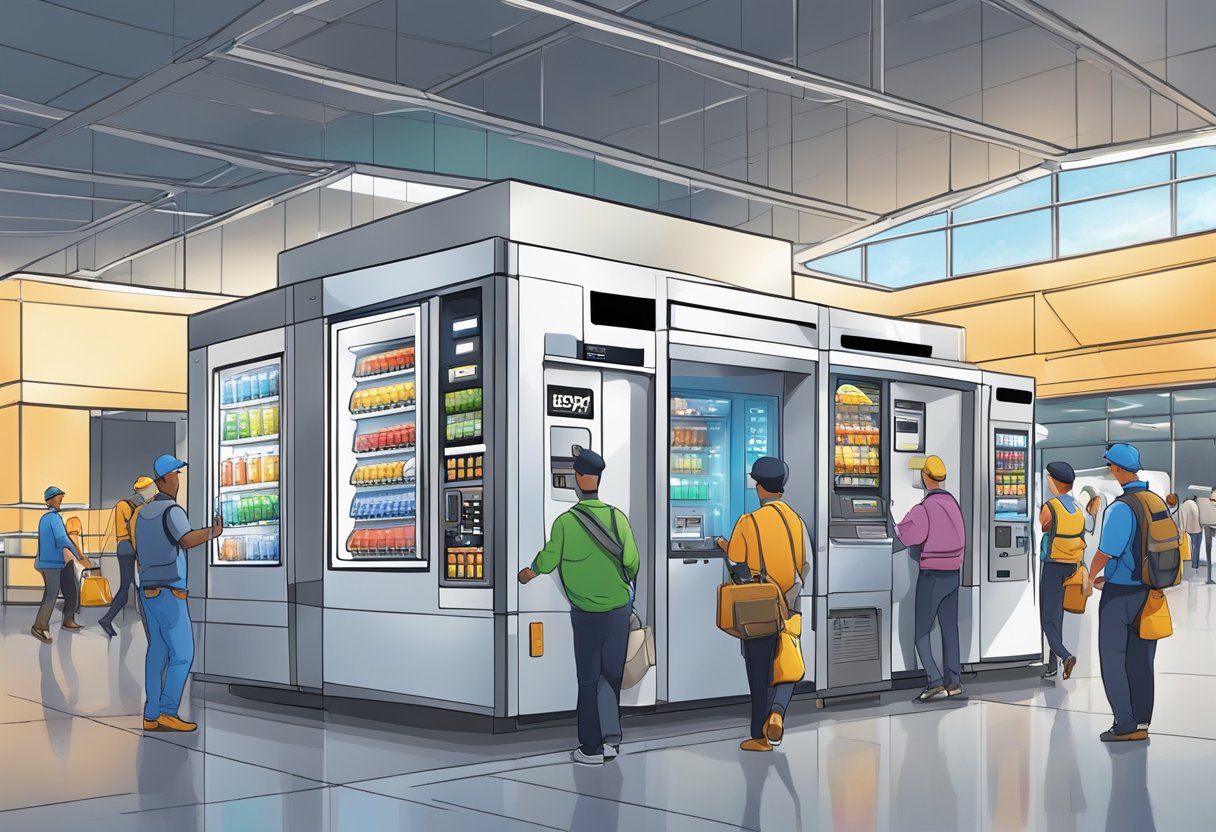How to Start a Customized Phone Case Vending Business?
Starting a business involves significant investment and uncertain returns. Customized phone case vending machines solve this problem by offering a turnkey business model with predictable ROI, minimal staffing, and growing consumer demand.
A customized phone case vending business allows entrepreneurs to generate passive income through automated retail machines that print personalized phone cases on demand. These self-service kiosks require minimal oversight while offering high-margin products that satisfy consumer demand for instant personalization, making them ideal for mall placements and high-traffic locations.
When I first discovered the potential of customized phone case vending machines, I was immediately intrigued by the business model. The combination of low operational overhead, high margins, and growing consumer interest in personalization created an opportunity that seemed too good to pass up. After researching the market extensively and talking with existing operators, I decided to share what I've learned about starting this unique automated retail business.
What Makes Phone Case Vending Machines Profitable?
Traditional retail businesses struggle with high overhead costs and staffing challenges. Phone case vending machines eliminate these problems by operating 24/7 with minimal supervision while delivering personalized products with margins often exceeding 70%.
Phone case vending machines achieve profitability through high product margins (70-80%), low operational costs, zero staffing requirements for sales, 24/7 operation capability, and premium positioning in high-traffic locations. With average sales of 5-15 cases daily at $15-30 each, a well-placed machine can generate $2,250-13,500 monthly revenue while breaking even within 6-12 months.
The economics of this business model are particularly attractive compared to traditional retail. I've analyzed dozens of retail business opportunities, and few offer the combination of low entry barriers and high margins found in the customized phone case vending industry.
Let's break down the numbers that make this business so appealing. The initial investment typically ranges from $8,000-15,000 per machine, depending on the model and features. This covers the machine itself, shipping, installation, and initial inventory of blank cases and printing supplies. While this represents a significant upfront cost, the ongoing operational expenses are remarkably low.
Phone Case Vending Machine Business Economics
| Factor | Details | Impact on Business |
|---|---|---|
| Initial Investment | $8,000-15,000 per machine | One-time cost, financing often available |
| Product Cost | $3-5 per case | Includes blank case and printing materials |
| Selling Price | $15-30 per case | Varies by location and design complexity |
| Gross Margin | 70-80% | Significantly higher than traditional retail |
| Location Fee | $200-500 monthly | Varies by venue quality and foot traffic |
| Maintenance Costs | $50-100 monthly | Routine supplies and occasional service |
| Average Daily Sales | 5-15 cases | Higher on weekends and holidays |
| Monthly Revenue | $2,250-13,500 | Based on average pricing and sales volume |
| Break-Even Timeline | 6-12 months | Faster in premium locations |
What's particularly appealing about this business model is its scalability. Many successful operators start with a single machine to test the concept and refine their location strategy. Once they've validated the model and established relationships with mall operators or property managers, they expand to multiple units across different locations.
The remote management capabilities of modern machines like those from PrintYOLO make it possible to operate dozens of machines with minimal staff. This creates a truly passive income stream that can be monitored and managed from anywhere in the world, allowing entrepreneurs to build a sizeable business without being tied to a specific location.
How Do You Choose The Best Locations For Vending Success?
Poor location choices lead to disappointing sales even with quality products. Strategic placement in high-traffic areas with appropriate demographics is essential for maximizing vending machine profitability and achieving rapid ROI.
The best locations for phone case vending machines combine high foot traffic, appropriate demographics (primarily 16-35 year-olds), extended dwell time, complementary retailers nearby, and good visibility. Shopping malls, tourist attractions, airports, university campuses, and entertainment venues typically deliver the strongest performance and fastest ROI.
Location selection is arguably the most critical decision you'll make when starting this business. I've seen identical machines with identical products perform dramatically differently based solely on placement. Understanding the science behind location selection has been essential to my success in this industry.
The ideal location combines several key factors that drive customer engagement and sales. First and foremost is foot traffic—you need a steady flow of potential customers passing by your machine. But raw numbers don't tell the whole story. The demographic composition of that traffic matters tremendously, as younger consumers are generally more interested in phone personalization and more comfortable with self-service technology.
Location Analysis Framework for Phone Case Vending Machines
| Location Type | Pros | Cons | Performance Metrics |
|---|---|---|---|
| Shopping Malls | High traffic, shopping mindset, longer hours | Higher rent, competitive environment | Strong weekend performance, seasonal peaks |
| Tourist Attractions | Premium pricing potential, novelty appeal | Seasonal fluctuations, space constraints | High margins, souvenir-focused designs |
| Universities | Tech-savvy audience, social sharing | Academic calendar limitations, budget concerns | Strong during terms, weak during breaks |
| Transportation Hubs | Captive audience, international customers | Space premium, security requirements | Consistent performance, less price sensitivity |
| Entertainment Venues | Impulse purchases, themed opportunities | Event-dependent traffic, complex agreements | Sporadic but high-volume performance |
When negotiating for space, I've found that revenue-sharing models often work better than fixed monthly fees, especially when testing new locations. This approach aligns incentives between your business and the property manager, reducing your initial risk while potentially increasing returns for both parties if the machine performs well.
Visibility is another crucial factor that's often overlooked. The machine should be positioned where it's easily seen from main walkways, ideally with enough space around it for customers to stop without blocking traffic flow. Good lighting and clear signage explaining the concept help attract curious customers who might not be familiar with phone case customization.
What Equipment Do You Need For A Phone Case Vending Business?
Starting a retail business typically requires significant investment in store buildout and inventory. Phone case vending machines offer a turnkey solution with all necessary equipment contained in a compact, self-contained unit requiring only power and internet connectivity.
A phone case vending business requires a high-quality printing machine with customization interface, reliable internet connection, maintenance tools, inventory management system, payment processing integration, and marketing materials. The PrintYOLO machines offer turnkey solutions with industrial UV printing technology, remote management capabilities, and comprehensive support packages.
Selecting the right equipment is a critical decision that will impact your business performance for years to come. While there are several manufacturers in the market, not all machines are created equal in terms of print quality, reliability, and customer experience—factors that directly affect your bottom line.
After evaluating numerous options, I chose PrintYOLO machines for my business because of their industrial-grade UV printing technology, which produces vivid, durable designs that resist fading and scratching. The print quality creates a premium perception that justifies higher pricing and leads to positive customer reviews and referrals.
Essential Equipment for Phone Case Vending Business
| Component | Importance | Selection Criteria | Maintenance Requirements |
|---|---|---|---|
| Printing Technology | Critical | Resolution quality, speed, durability | Regular cleaning, ink replacement |
| Touchscreen Interface | High | Responsiveness, intuitive design, durability | Screen protection, software updates |
| Case Inventory System | High | Capacity, organization, reliability | Regular restocking, inventory tracking |
| Payment System | Critical | Multiple payment options, security, reliability | Software updates, security compliance |
| Internet Connectivity | Medium | Speed, reliability, security | Monthly service, occasional troubleshooting |
| Remote Management | High | Comprehensive monitoring, alerts, analytics | Software updates, security protocols |
Beyond the machine itself, you'll need to consider several operational factors. Power requirements are generally standard (110-220V), but you'll want to ensure reliable internet connectivity for payment processing and remote management. Many mall locations offer Wi-Fi, but I recommend a dedicated 4G/5G connection for reliability.
Inventory management becomes increasingly important as your business grows. Modern phone case vending machines like PrintYOLO's include remote monitoring systems that alert you when supplies are running low, but you'll still need an efficient process for restocking blank cases and printing materials. I recommend maintaining at least three weeks of inventory based on your sales projections to avoid stockouts.
How Do You Market A Phone Case Vending Business?
Traditional marketing methods require substantial budgets with uncertain returns. Phone case vending machines create their own marketing through the novelty factor and social sharing, supplemented by targeted digital promotions to drive awareness and repeat business.
Marketing a phone case vending business effectively combines on-site promotion (attractive machine wraps, digital signage), location-based digital advertising, social media engagement, strategic partnerships with complementary businesses, and loyalty programs. The self-service experience naturally generates social sharing when customers post their custom designs online.
When I launched my first phone case vending machine, I quickly realized that traditional marketing approaches weren't necessary or efficient for this unique business model. The machines themselves create interest through their visibility and the entertainment value of watching cases being printed in real-time.
However, strategic marketing can significantly accelerate growth and customer awareness. I've found that location-based digital marketing provides the highest ROI, specifically targeting people within a small radius of your machine locations. Platforms like Google Maps, Facebook Local, and Instagram location tags allow you to reach potential customers when they're physically close to your machines.
Effective Marketing Strategies for Phone Case Vending Business
| Strategy | Implementation | Cost Level | Effectiveness |
|---|---|---|---|
| Machine Wrapping | Attractive branded exterior design | Medium (one-time) | High visibility, brand recognition |
| Social Media Contests | User-generated content campaigns | Low-Medium | Organic reach, customer engagement |
| Location-Based Ads | Geofenced digital advertising | Medium | Highly targeted, measurable results |
| Loyalty Programs | Digital punch cards or apps | Low | Repeat business, customer data |
| Strategic Partnerships | Cross-promotion with nearby businesses | Low | Expanded reach, credibility |
| Seasonal Promotions | Holiday designs, special occasions | Low | Increased relevance, time-sensitive urgency |
The social aspect of the business provides powerful organic marketing opportunities. I encourage customers to share photos of their customization process and finished cases by offering small incentives like discounts on future purchases. This user-generated content creates authentic promotion that resonates with potential customers far more effectively than traditional advertising.
I've also found success with strategic partnerships with complementary businesses. For example, collaborating with phone repair shops or electronics retailers can create mutually beneficial referral arrangements. When someone buys a new phone or gets a screen repaired, they're often in the market for a new case as well.
What Are The Legal Requirements For Starting This Business?
Navigating business regulations can be overwhelming for first-time entrepreneurs. Phone case vending operations simplify compliance with straightforward requirements, but understanding the specific legal framework remains essential for successful operation.
Starting a phone case vending business requires business registration (LLC or corporation recommended), sales tax permits, location agreements/leases, insurance coverage, and compliance with mall regulations. While simpler than many retail operations, proper legal structure protects personal assets and ensures seamless operation in commercial spaces.
The legal aspects of starting this business are relatively straightforward compared to many other ventures, but they're still important to address properly. I consulted with a business attorney before launching my operation, which helped me avoid several potential pitfalls and structure my business optimally for liability protection and tax treatment.
Most operators choose to structure their business as a Limited Liability Company (LLC) or corporation to separate personal and business assets. This protection is important in case of any liability claims related to your machines or products. Setting up an LLC is relatively simple in most states, with filing fees typically ranging from $50-300 depending on your location.
Legal Checklist for Phone Case Vending Business
| Requirement | Purpose | Approximate Cost | Renewal Frequency |
|---|---|---|---|
| Business Formation | Legal structure, liability protection | $50-300 | Annual filing requirements |
| Business License | Local operation authorization | $25-200 | Annually |
| Sales Tax Permit | Collection and remittance of sales tax | $0-50 | Varies by state |
| Insurance Policy | Protection against liability, damage | $500-1,500 annually | Annually |
| Location Agreements | Legal right to place machines | Varies widely | Typically 1-3 years |
| Merchant Account | Payment processing | Monthly fees + percentages | Ongoing |
Insurance is another critical consideration. At minimum, you'll need general liability insurance to protect against potential customer claims. Some mall locations may require specific coverage levels before allowing you to place your machines. I also recommend property insurance to cover your equipment against damage or theft.
Tax obligations vary by location but generally include sales tax collection and remittance. Modern vending machines make this process relatively simple by tracking sales and calculating taxes automatically, but you'll still need to register for the appropriate permits and file regular returns. Consulting with a tax professional familiar with vending operations can help ensure compliance while maximizing available deductions.
How Do You Manage Day-To-Day Operations?
Running a traditional retail business requires constant attention and staffing. Phone case vending machines dramatically reduce operational demands through automation and remote monitoring, allowing owners to manage multiple locations efficiently.
Day-to-day operations for a phone case vending business focus on inventory management, remote monitoring through management software, regular maintenance visits, financial tracking, and customer support. Modern machines provide real-time alerts for low supplies or technical issues, allowing efficient management of multiple machines with minimal time investment.
The operational efficiency of phone case vending machines is one of their most attractive features. After setting up my first machine, I was amazed at how little day-to-day management was required compared to traditional retail businesses I'd been involved with previously.
Most of my operational oversight happens remotely through the management software provided by PrintYOLO. This platform provides real-time data on sales, inventory levels, machine status, and even alerts me to potential maintenance issues before they affect customer experience. This proactive monitoring has been essential to maintaining high uptime and customer satisfaction.
Operational Management Framework
| Task | Frequency | Time Required | Tools/Resources |
|---|---|---|---|
| Remote Monitoring | Daily | 10-15 minutes | Management software, mobile app |
| Inventory Restocking | Weekly/Bi-weekly | 30-60 minutes per machine | Inventory tracking system |
| Preventive Maintenance | Monthly | 60-90 minutes per machine | Maintenance checklist, basic tools |
| Financial Reconciliation | Weekly | 30-45 minutes | Accounting software |
| Customer Support | As needed | Varies | Email, phone system |
| Performance Analysis | Monthly | 2-3 hours | Analytics platform, spreadsheets |
Physical visits to machines are typically required only for restocking supplies and performing routine maintenance. I've optimized these visits by developing efficient routines and checklists that ensure all necessary tasks are completed quickly. For locations with multiple machines, I coordinate these visits to minimize travel time and maximize efficiency.
Customer support is another operational consideration, though demands are relatively minimal compared to staffed retail. I provide contact information on each machine for technical support or refund requests, which are fortunately rare. Most issues can be resolved remotely or with simple instructions to the customer, further reducing the need for site visits.
What Are The Growth Strategies For Expanding Your Business?
Many small businesses struggle to scale beyond their initial success. Phone case vending machines offer clear expansion pathways through additional units, new locations, and complementary product offerings without proportional increases in staffing or management complexity.
Growth strategies for phone case vending businesses include expanding to multiple locations, diversifying into related products (phone accessories, tech gadgets), implementing subscription services, creating exclusive design partnerships, developing a franchise model, and exploring international markets. The most successful operators typically start with 1-5 machines before scaling to larger operations.
After establishing my initial machines and confirming the business model's viability, I developed a strategic growth plan that has guided my expansion decisions. The beauty of this business is that growth doesn't require proportional increases in time commitment or operational complexity—ten machines don't take ten times the effort of one machine.
My growth strategy began with location diversification. I identified different venue types (malls, airports, universities) and tested machines in each to determine which environments produced the best results. This approach minimized risk while providing valuable data


